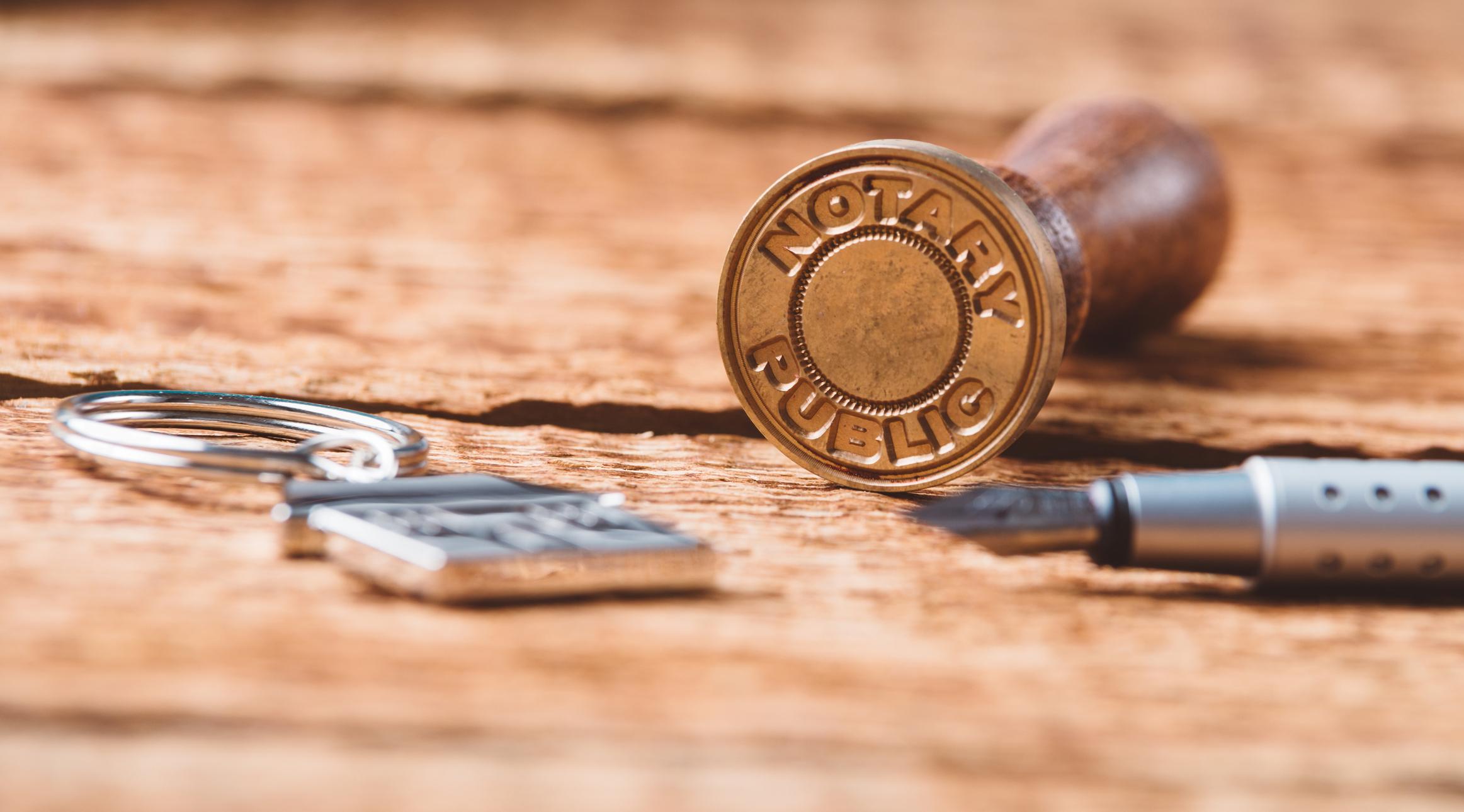DIRCO Rules Demystified: A Guide to Diplomatic Method
DIRCO Rules Demystified: A Guide to Diplomatic Method
Blog Article
Demystifying Notarial Work: Streamlining the Role and Significance of Notaries
In the elaborate web of lawful paperwork and verification, notaries stand as columns of guarantee and credibility. Their duty, usually shrouded in secret for numerous, lugs substantial weight in making certain the credibility and integrity of vital files. As guardians of legitimacy and reality, notaries play a critical part in our society, yet their job is not always fully understood. By unraveling the intricacies bordering notarial techniques and losing light on the significance of their acts, a clearer understanding arises of the essential function notaries play in maintaining the fabric of contractual and legal arrangements.
The Background of Notarial Job
Exactly how did notarial job evolve gradually to come to be an essential component of legal and service purchases? The history of notarial work dates back to old human beings, where scribes played an essential duty in videotaping important info and verifying papers. As cultures proceeded, the demand for a much more formalized system to make sure the credibility of contracts developed. This resulted in the advancement of notaries, individuals appointed by the state to serve as neutral witnesses in lawful matters.
Throughout the Middle Ages, notaries acquired importance in Europe, with their features expanding to include preparing legal papers, licensing signatures, and maintaining documents. The surge of worldwide trade better stressed the importance of notarial work in confirming contracts and contracts throughout boundaries.
In the modern-day era, notaries remain to play a vital function in legal and organization purchases by verifying identities, validating the credibility of documents, and stopping fraud. Their duty in licensing the credibility of agreements adds a layer of safety and depend the ever-evolving landscape of commerce and regulation.

Responsibilities and Obligations of Notaries
The historic development of notarial work from old civilizations to the modern period has actually shaped the distinctive tasks and duties that notaries maintain in legal and company deals today. Notaries play a vital function in confirming the credibility of papers and the identification of signatories. One of their main duties is to witness the signing of vital papers, such as wills, actions, and agreements, to ensure that all events are becoming part of agreements intentionally and voluntarily. Notaries likewise verify that signatories are of audio mind and not under discomfort or coercion.
They license duplicates of initial files, supplying assurance to establishments that the copies are real reproductions of the originals. Generally, the responsibilities and duties of notaries are crucial in guarding the honesty and legitimacy of different papers and transactions - DIRCO.
Notarial Certificates and Signatures
Exhibiting careful interest to information, notarial certifications and trademarks serve as vital components in confirming the credibility of lawful documents. Notarial certifications typically have critical info such as the date of registration, the names of the notaries, a summary of the record, and the notary's official seal. These certificates offer a clear document of the notarial act, making sure that the paper can be conveniently determined and traced back to the notary that supervised the procedure.
Trademarks play an essential duty in notarial job, as they signify the agreement and consent of the celebrations entailed. Notaries meticulously witness the finalizing of documents to confirm the identification of the signatories and verify that they are authorizing of their own free choice. By fastening their official seal and signature to the document, notaries certify that the needed procedures have been followed which the paper is legitimate and enforceable.
Basically, notarial certifications and signatures are the characteristic of credibility in legal transactions, supplying guarantee to all visit site celebrations involved that the documents are reputable and binding.
Importance of Notarial Acts

Registration Refine Clarified
The notarization procedure usually starts with the specific presenting the record to a notary public. Once the identity is verified, the notary makes certain that the individual authorizing the record does so voluntarily and without any coercion.
Conclusion

Notarial certifications commonly include vital info such as the day of registration, the names of the signatories, a description of the paper, and the notary's you could check here main seal. These certifications supply a clear record of the notarial act, making sure that the file can be easily identified and mapped back to the notary that looked after the procedure.
By fastening their main seal and signature to the file, notaries certify that the required procedures have been adhered to and that the document is legitimate and enforceable.
By confirming the identification of the signatures, verifying their willingness to enter right into the contract, and certifying the day and location of the finalizing, notaries play a crucial duty in maintaining the validity of lawful files.After the record is signed, the notary will fasten their main seal or stamp onto the record.
Report this page